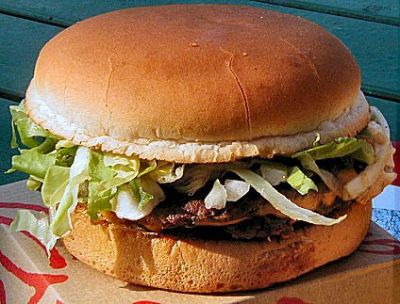Funded by the EU, the
NAMASTE-EU project advanced innovative, industry-relevant approaches to the integrated management of food processing by-products and waste. Work aimed at valorising routes and markets for exploiting citrus by-products and wheat bran, while a parallel project, NAMASTE-INDIA, funded by the Indian Department of Biotechnology (DBT) focused his research on mango and pomegranate by-products and rice bran.
Researchers developed and tested improved methods and strategies for determining the quality and exploitation potential of citrus and wheat processing by-products. In the area of innovative technologies, they chose microwave drying for stabilising citrus by-products. The procedure is effective in maintaining microbiological safety without losing important properties of obtained citrus ingredients. The latter include citrus fibre, polyphenol extract and clouding agent.
Team members also developed a procedure combining (thermal) pre-treatments and enzymatic digestion of wheat bran for producing wheat bran fibres. The approach successfully also resulted in the production of oligosaccharides with high prebiotic index and ferulic acid to be then converted into vanillin.
The project screened technological applications for selection of the most promising ingredients, which were then combined to formulate new food products. Examples are a citrus fibre-enriched fruit juice, citrus fibre and citrus paste-based snacks and various bakery products, including one based on pre-fermented wheat bran.
NAMASTE assessed all developed products for composition as well as technological, microbiological, functional and sensory characteristics. It also reviewed production processes for food safety risk and environmental impact. In particular, 'Hazard Analysis and Critical Control Points' (HACCP) studies confirmed that the project's ingredients are safe for use in various food processing technologies. This supports the project's application of a 'cradle-to-cradle' concept for new food production procedures.
Furthermore, project members used the full-cost method and web-based stakeholder consultation to assess economic and market opportunities. On the whole, there is potential in both areas, with industry competitiveness set to benefit both Europe and India. In addition, the developed food chain approach for valorising citrus and wheat processing by-products holds promise for similar plant-based food processing by-products.
Increasing restrictions are being imposed on waste disposal and landfills usage through the EU Land-fill Directive as well as other international legislation. As such, NAMASTE outcomes will also contribute to helping reduce pollution and health hazards.

